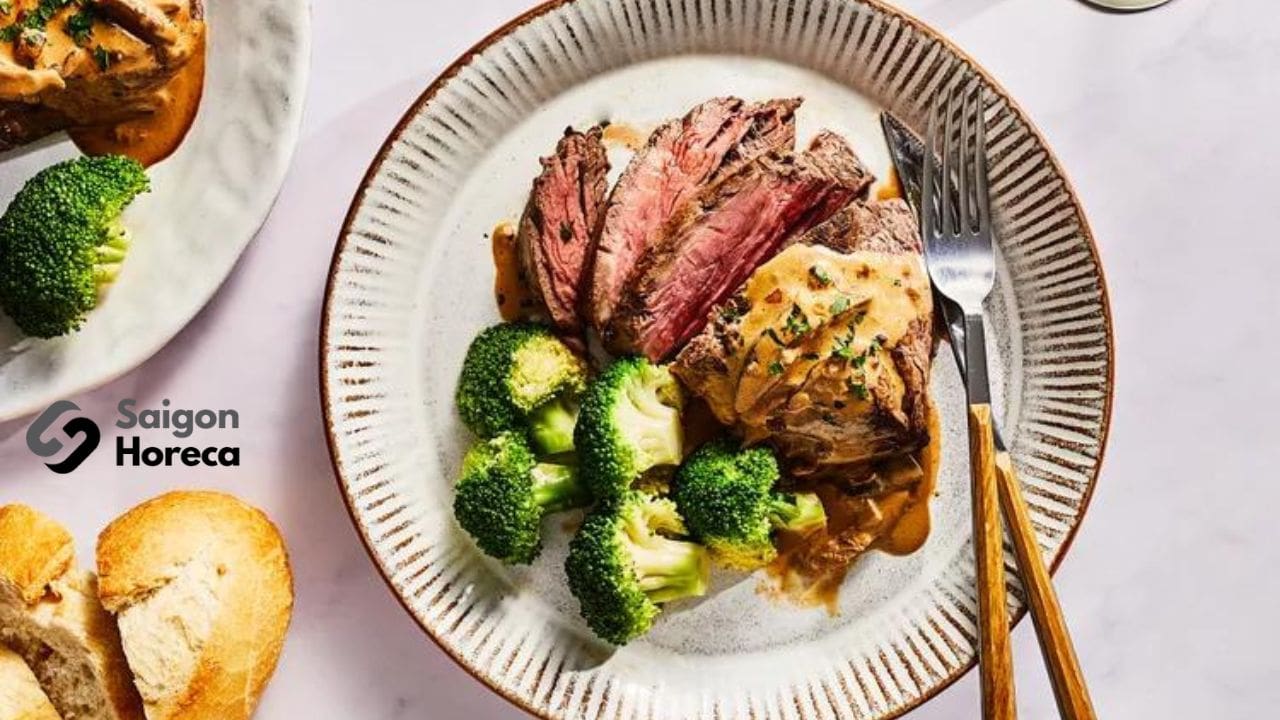Europe, a continent that brings us not only the beauty of history and culture but also a place where culinary […]
Read More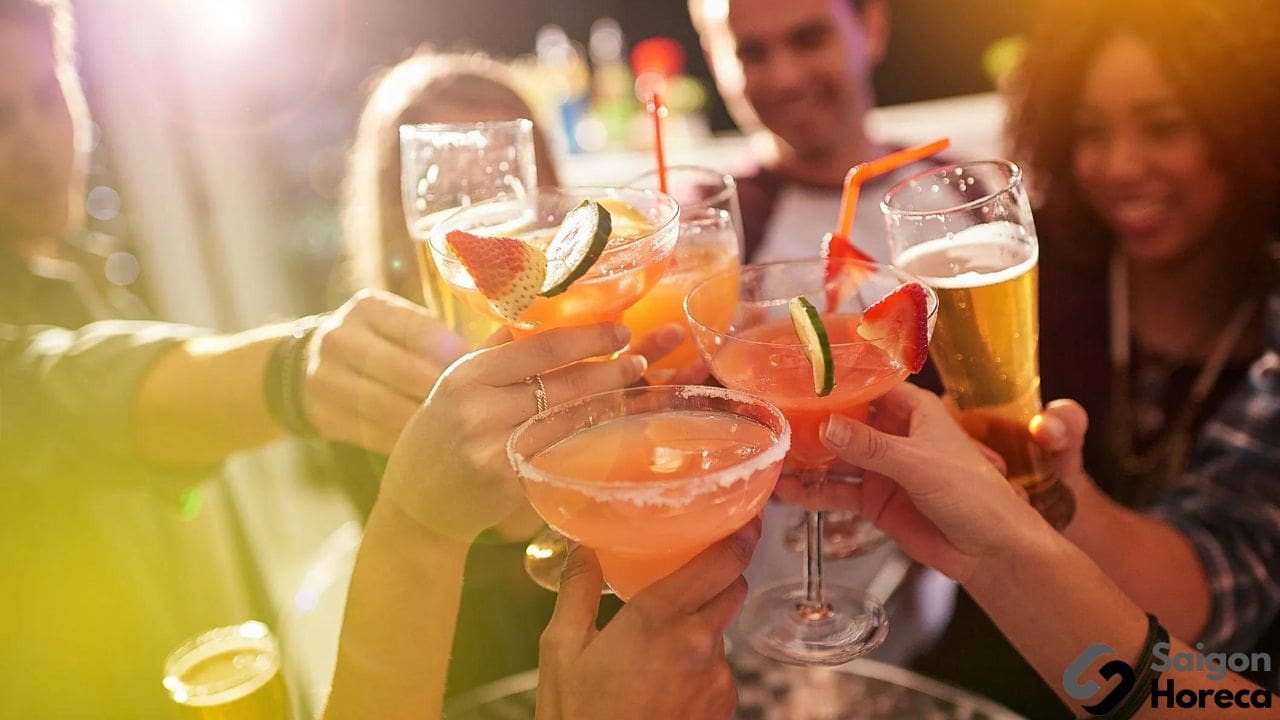
- Bar & Coffee Equipment
The Distinct Identity of Pubs, Bars, Clubs, and Lounges in the Entertainment World
- October 26, 2023
In this article
Bars – A Journey from Origins to Present
Bars, often spaces for those seeking sensory satisfaction and enjoyment, are places where a wide variety of alcoholic beverages such as beer, wine, spirits, cocktails, and even non-alcoholic drinks like soft drinks and mineral water are typically served. Depending on local regulations and country-specific rules, patrons often need to be of legal drinking age to partake in these alcoholic beverages.
Inside the realm of a bar, you’ll typically find high tables and chairs, allowing customers to stand around or sit at the bar counter, where drinks and food are prepared and served. The bar counter is also where talented bartenders craft unique flavors and friendly staff interact with customers.
Bar frequently feature creative forms of entertainment such as live music performances, billiards, darts, and can even screen sports events, creating a lively and exciting atmosphere.
The term “bar” can also refer to the actual counter where skilled mixologists create exquisite works of art and foster interesting interactions between customers and cocktail artisans.
The history of bar dates back to 1592 when playwright Robert Greene mentioned them in “A Noteable Discovery of Coosnage.” However, the way we see drink service today is often attributed to Isambard Kingdom Brunel, who aimed to provide quick service to passengers flocking to the Swindon station for train transfers at the Great Western Railway company. It’s believed that the first bars serving alcohol appeared at the Great Western hotels in Paddington station, London. The bar model has since evolved strongly in many countries, especially in Europe and the Americas, and has rapidly spread worldwide. In Vietnam, bars have become an ideal meeting point, particularly for young people who appreciate vibrant and relaxed spaces.
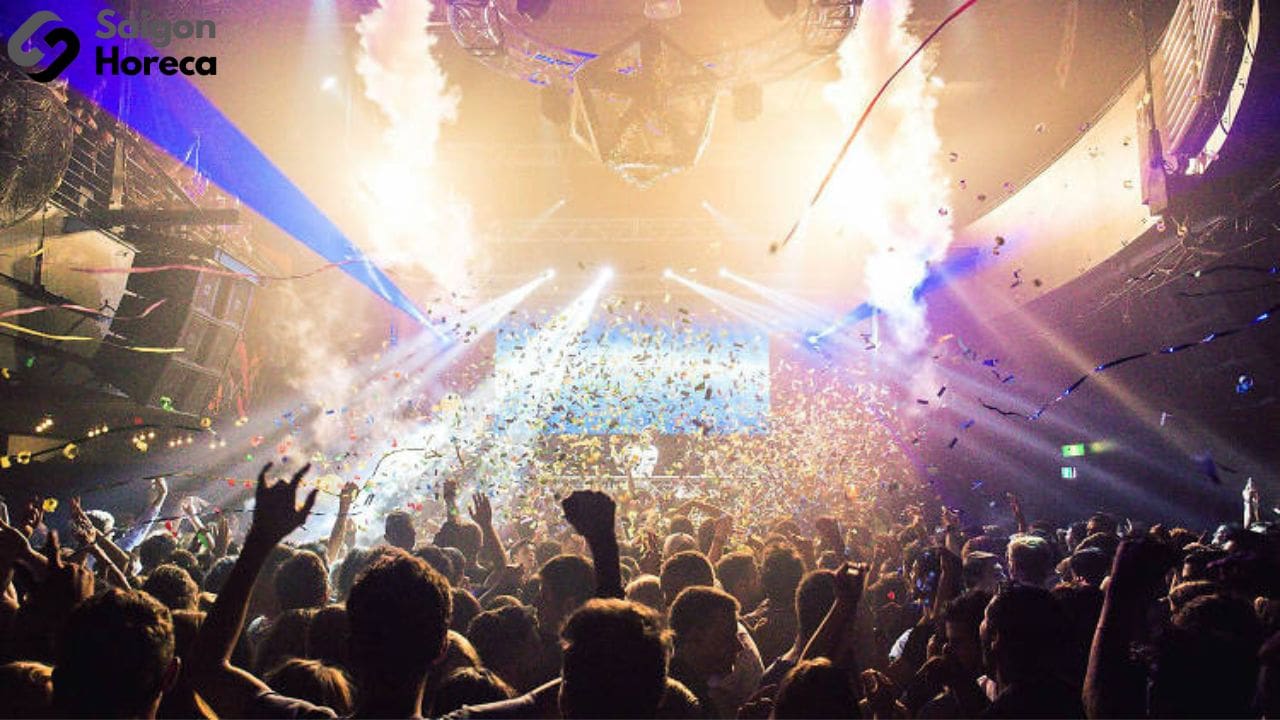
>>> Additionally, thanks to food processing tools to indispensable serving equipment, check out the following article to help you understand the essential tools and equipment needed to optimize efficiency and convenience in your bar. Read now to not miss out on the most crucial tools that help you maintain a strong and professional bar operation: Top 10 Must-Have Kitchen & Bar Equipment for an Excellent Bar.
Classifying Bar Models: How Are They Sorted?
Bar models can be classified in various ways to provide detailed insight into the diversity of this industry. These classifications help bar owners gain a deeper understanding of their objectives and business styles, while also aiding customers in finding bar that suit their preferences and needs:
Classifying Bar Models by Nature
One commonly used classification method is based on the nature of the bar. Classic bar often have a sophisticated design and focus on crafting traditional cocktails. In contrast, modern bar have contemporary designs and specialize in creating innovative cocktails. Sports bar typically broadcast live sporting events and create a fan-friendly environment. Online music bar usually feature live music performances or DJs, catering to contemporary music enthusiasts.
Classifying Bar Models by Entertainment Type
Another classification is based on the type of entertainment. Music bar focus on live music performances or DJ sets, creating a fun and vibrant atmosphere. Sports bar often broadcast live sporting events and offer various sports-related activities for customers. Game bar feature games such as pool, darts, and other entertainment options. Classical music bar focus on classical or jazz music performances, creating a sophisticated and relaxed ambiance.
Classifying Bar Models by Clientele
Lastly, bar can be classified based on their target clientele. High-end bar cater to those seeking a luxurious experience with premium cocktails and a classy atmosphere. Family-friendly bar welcome families, providing a suitable space for children and a diverse menu. Youth-oriented bar offer a vibrant atmosphere, EDM or hip-hop music, and unique cocktails. Sports and music bar combine sports broadcasting with music performances, attracting a wide range of customers.
Classifying Bar Models: How Are They Sorted?
Bar models can be classified in various ways to provide detailed insight into the diversity of this industry. These classifications help bar owners gain a deeper understanding of their objectives and business styles, while also aiding customers in finding bar that suit their preferences and needs:
Classifying Bar Models by Nature
One commonly used classification method is based on the nature of the bar. Classic bar often have a sophisticated design and focus on crafting traditional cocktails. In contrast, modern bar have contemporary designs and specialize in creating innovative cocktails. Sports bar typically broadcast live sporting events and create a fan-friendly environment. Online music bar usually feature live music performances or DJs, catering to contemporary music enthusiasts.
Classifying Bar Models by Entertainment Type
Another classification is based on the type of entertainment. Music bar focus on live music performances or DJ sets, creating a fun and vibrant atmosphere. Sports bar often broadcast live sporting events and offer various sports-related activities for customers. Game bar feature games such as pool, darts, and other entertainment options. Classical music bar focus on classical or jazz music performances, creating a sophisticated and relaxed ambiance.
Classifying Bar Models by Clientele
Lastly, bar can be classified based on their target clientele. High-end bar cater to those seeking a luxurious experience with premium cocktails and a classy atmosphere. Family-friendly bar welcome families, providing a suitable space for children and a diverse menu. Youth-oriented bar offer a vibrant atmosphere, EDM or hip-hop music, and unique cocktails. Sports and music bar combine sports broadcasting with music performances, attracting a wide range of customers.
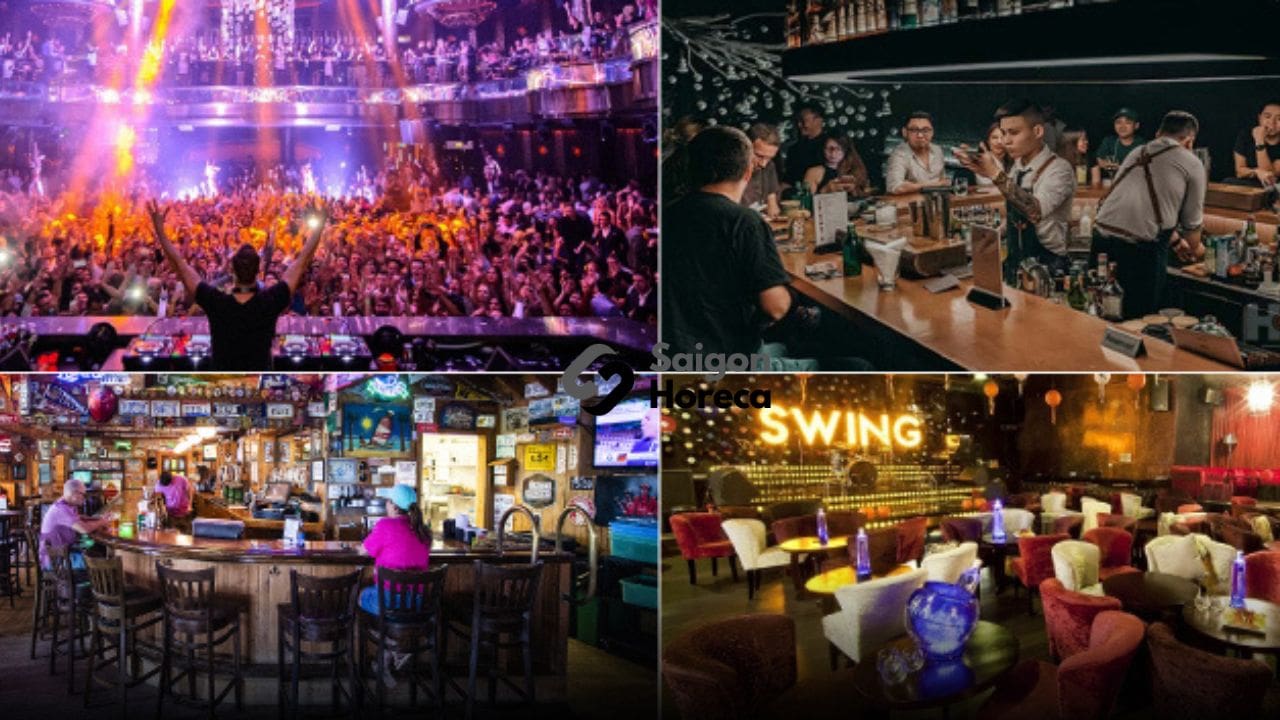
Key Considerations Related to the Bar Business Model
Spending Wisely for Your Bar, Pub, or Lounge Business: Starting with a Sensible Budget
When starting a bar, pub, or lounge business, establishing and managing a budget is crucial for success. You’ll need to allocate a relatively substantial amount of capital, but it should be divided into specific categories, such as:
- Initial Costs: This includes expenses for renting a location and making deposits, design and construction costs, as well as costs for branding and opening promotions. Equipment, machinery, and tools should also be factored into this budget.
- Monthly Operating Costs: These are expenses associated with daily business operations, including rent, employee wages, supplies, maintenance, machinery upkeep, and advertising and marketing expenses.
- Contingency Costs: When running a bar, pub, or lounge business, it’s crucial to have contingency funds to ensure survival in case there isn’t enough revenue. Carefully calculate and have a plan for adjustments if necessary.
Careful budget management and monitoring of expenses are important for ensuring the smooth and successful operation of your business.
Additionally, let’s explore how to determine a detailed budget for running a bar, pub, or lounge, along with other legal considerations that are crucial for your business. Understanding and adhering to legal regulations is essential to ensure the smooth and compliant operation of your establishment.
Legal Aspects in Running a Bar, Pub, and Lounge: What You Need to Know to Avoid Risks
When starting a bar, pub, or lounge business, one of the most critical factors to consider is the legal issues. Failing to comply with regulations and laws can lead to various risks and unwanted consequences:
- Leasing a space requires signing a contract. Make sure you thoroughly review the terms and commitments before signing a lease agreement.
- If you need to change your facilities or undertake construction work, adhere to construction and renovation regulations in your area.
- Ensure that your establishment complies with safety and fire prevention regulations, including regular equipment checks.
- Check noise pollution regulations in your business area to avoid conflicts with neighbors.
- You must ensure you have the necessary business licenses and related documents, such as alcohol, tobacco (if applicable), and food safety and hygiene permits.
Understanding and complying with legal regulations is crucial to ensuring the smooth and compliant operation of your business.
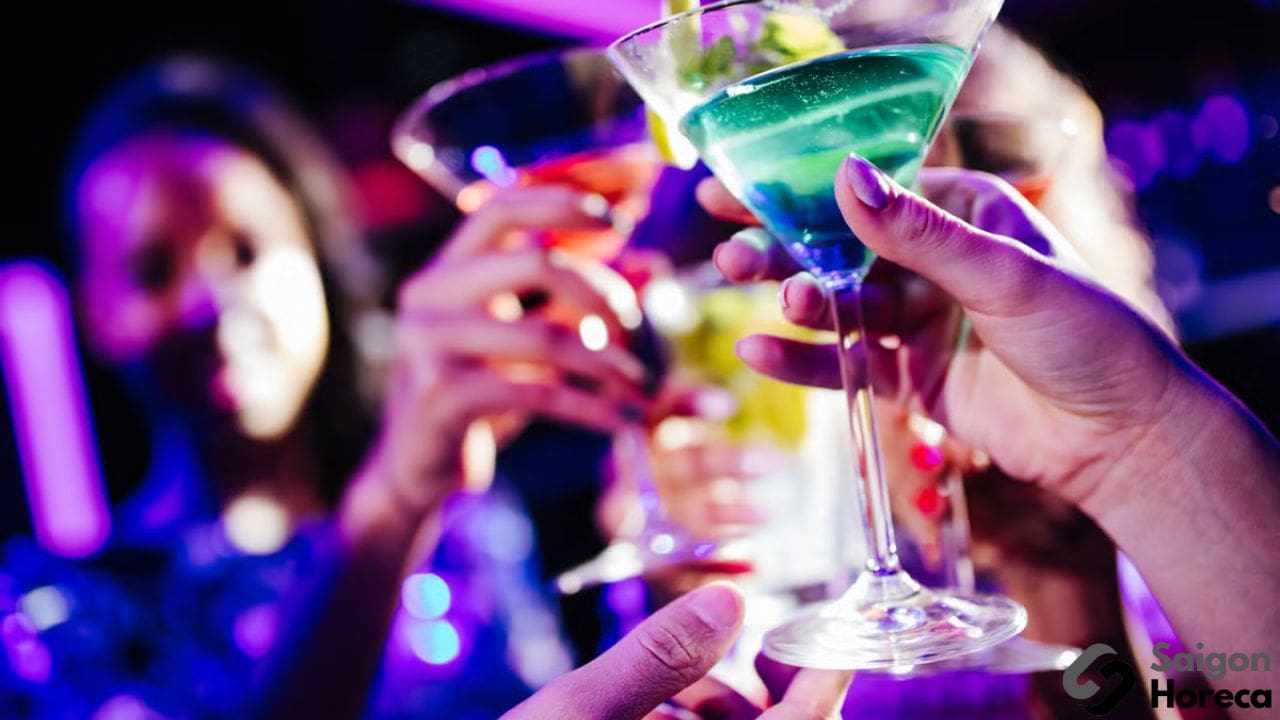
Monday - Friday
from 8h00 to 18h00
Số 40 Đường số 6, KDC Melosa Khang Điền, Phú Hữu, HCM.
Contact anytime
Industrial kitchens are an essential component in foodservice businesses such as restaurants, hotels, cafeteria kitchens, etc. They play a crucial […]
Read More
